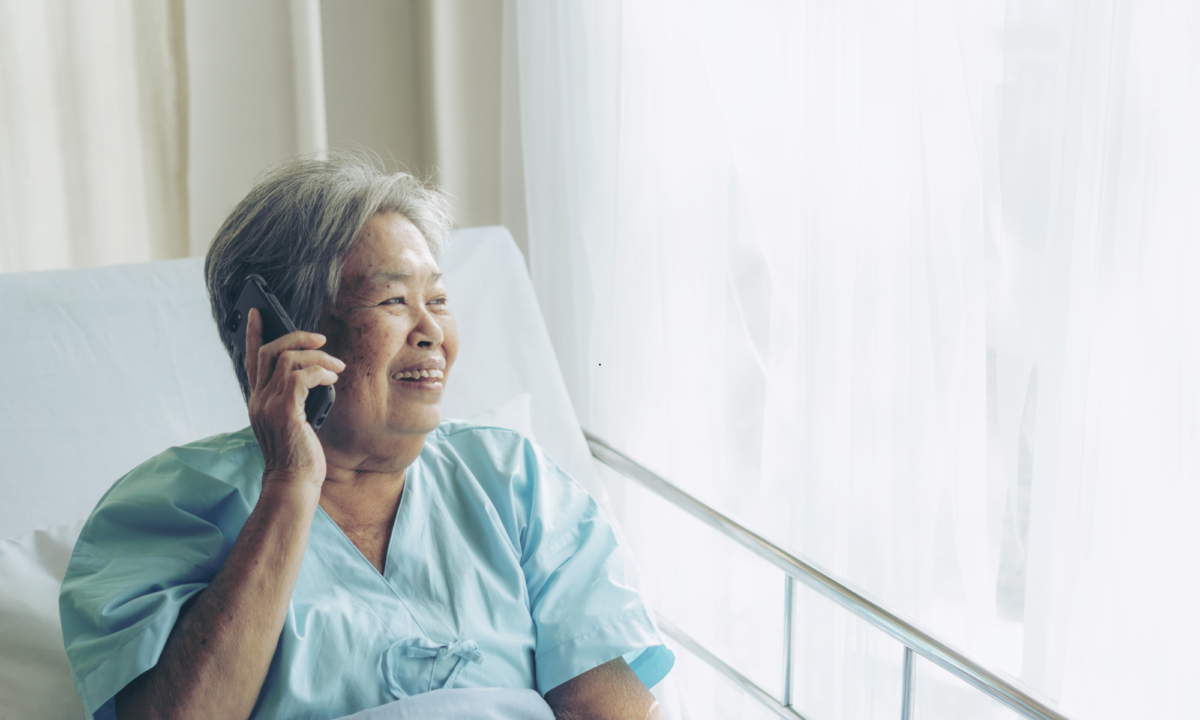
Recovering at home after surgery or illness often means spending extended periods isolated from the hustle and bustle of daily life. While this downtime is essential for healing, it can also lead to feelings of loneliness and boredom. Thanks to technology, it’s no longer hard to stay social while recovering at home after surgery.
Staying connected to your social circle and engaging in meaningful activities can help lift your spirits, reduce stress, and improve your overall recovery process. Sometimes, a good way to ease the pain from sore wounds or muscles is a good laugh or gossip from your friends.
The Power of Connectedness: 5 Tips To Stay Social While Recovering From Surgery
Let’s ensure your recovery journey is as fulfilling as it is healing. Check out five ways to stay social and grab that chance to catch up with your loved ones and community.
1. Embrace Virtual Connections to Stay in Touch
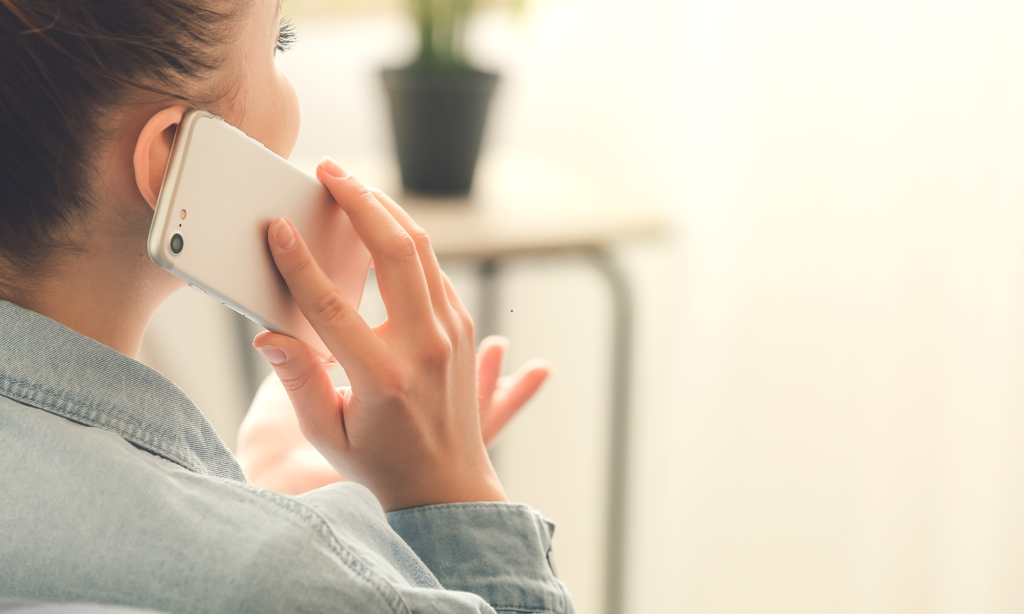
Thanks to modern technology, staying connected with loved ones and friends is easier than ever, even while you’re recovering at home. Video calls, instant messaging, and social media are powerful tools for maintaining relationships while you recover.
- Schedule virtual hangouts: Arrange regular video calls with friends and family. Share updates about your recovery and listen to their stories—it’s a two-way street that keeps everyone engaged.
- Join online communities: Platforms like Facebook Groups or some niched part of TikTok can connect you with people experiencing similar recovery journeys. Sharing tips and encouragement fosters a sense of belonging.
- Host virtual activities: Organize online game nights, movie watch parties, or book club discussions. These activities give you something fun to anticipate and keep you socially active.
2. Engage in Creative Hobbies That Foster Interaction
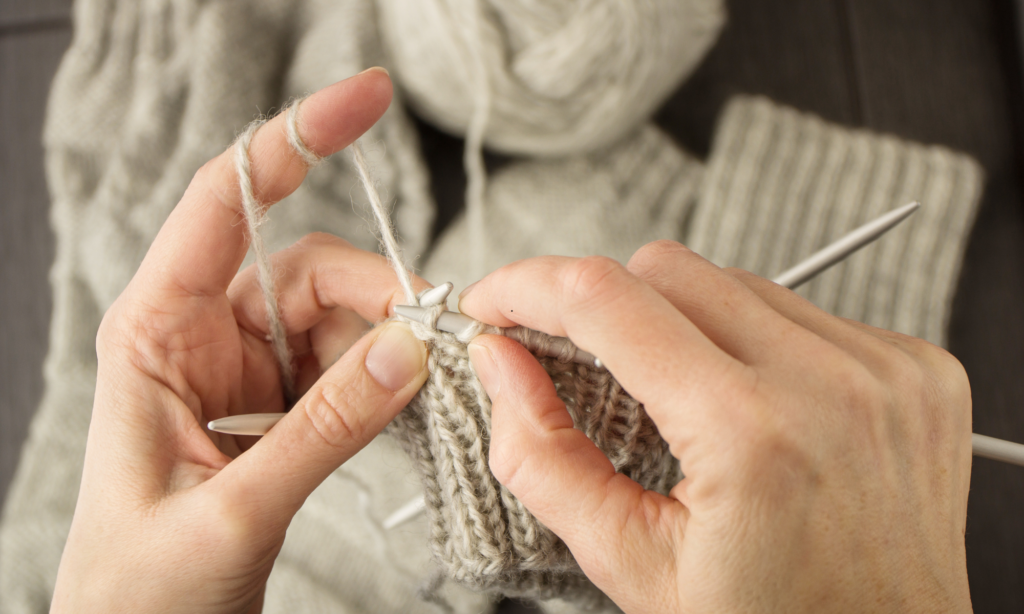
Recovery is the perfect time to explore hobbies that not only entertain but also help you connect with others. Creative activities provide an outlet for self-expression and invite collaboration.
- Start a group project: Whether it’s creating a scrapbook, knitting, or working on a shared writing project, involve others who can contribute remotely or during visits.
- Share your progress: Post updates about your artwork, recipes, or DIY projects on social media. Invite feedback and start conversations with your followers.
- Join virtual classes: Learn a new skill like painting, cooking, or crafting through online workshops. Interacting with fellow participants keeps the experience lively and interactive.
Reminder: Choose hobbies that align with your energy levels and physical abilities during recovery. It’s all about enjoyment without overexertion. Don’t lose your recovery progress with a complicated Tik Tok dance or activities that trigger inflammation like asthma.
3. Lean on Your Support Network
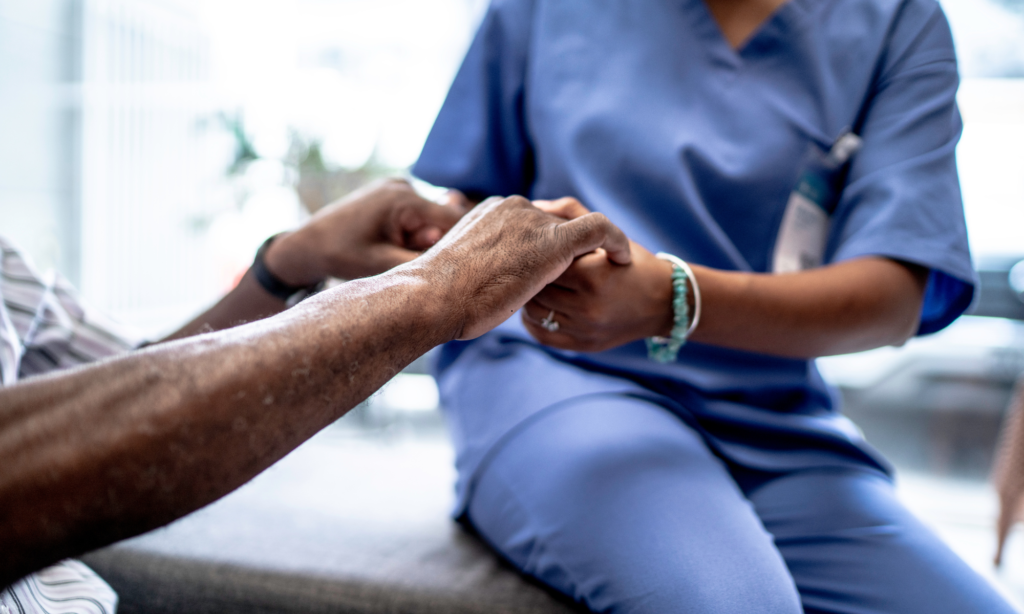
Recovery can feel isolating, but leaning on your support system makes all the difference. Friends, family, and even professional caregivers are there to lend a compassionate ear when recovery gets tough.
- Ask for help: Need groceries or someone to chat with? Let your loved ones know. They want to support you but might not know how unless you ask.
- Plan short visits: Invite close friends or family for a brief, low-energy catch-up. A change of scenery and familiar faces can be incredibly refreshing.
- Involve your caregivers: If you have home care support, engage in conversations with them. They’re not just there for medical needs—they can provide companionship too. How about starting a good chat?
Reminder: Set boundaries if you’re feeling overwhelmed. It’s okay to keep visits short or limit calls when you need rest.
4. Use Social Media Mindfully
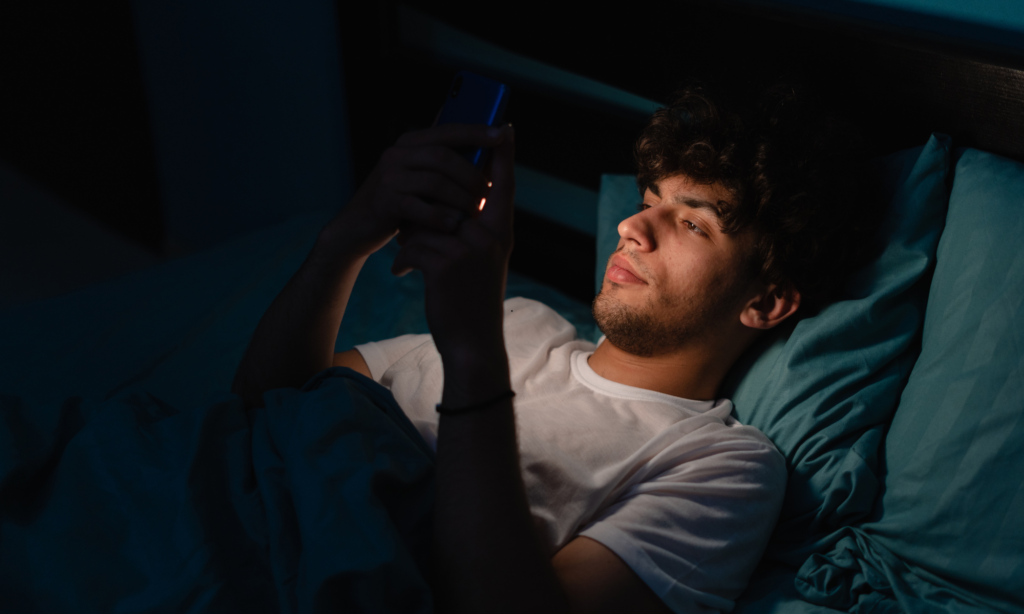
While social media is a great tool for staying connected, it’s essential to use it in ways that uplift your mood and enhance your recovery experience.
- Curate your feed: Follow accounts that inspire positivity, share recovery tips, or align with your hobbies. Limit exposure to negative or stressful content.
- Share your journey: Document your recovery progress through posts, photos, or videos. Your story could inspire others while keeping you engaged with your audience.
- Participate in challenges: Join trending online challenges or start your own. It’s a fun way to involve your social circle and foster interaction.
Pro Tip: Set screen time limits to avoid fatigue or feeling overwhelmed by too much online activity.
5. Stay Physically Active with a Social Twist
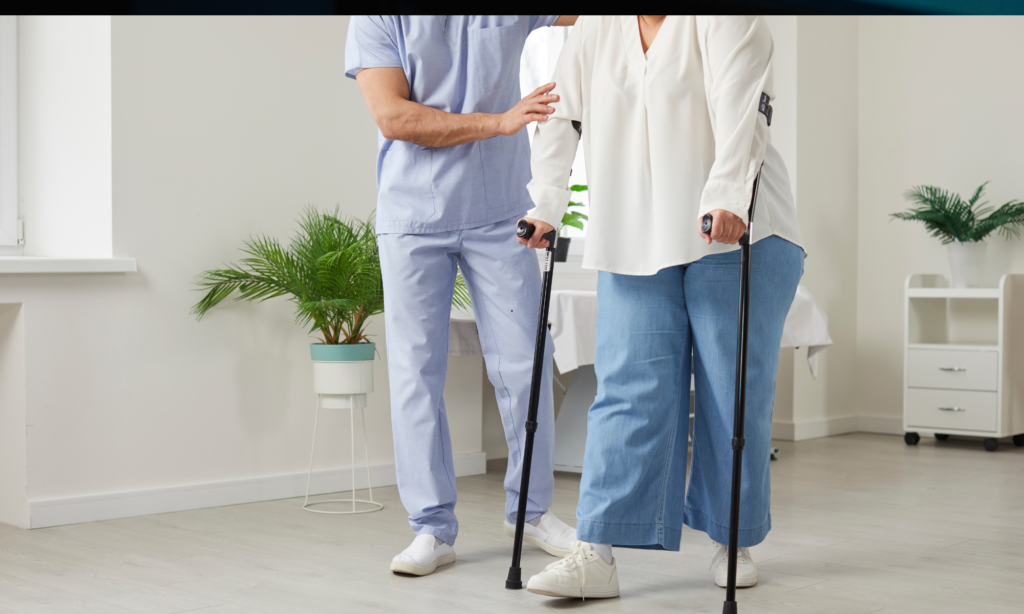
Physical activity is crucial for recovery, and to stay social while recovering can also mean incorporating a social element that can make it more enjoyable. Movement not only aids healing but also boosts your mood. Consult your doctor first if the following suggestions aligns with your recovery plan:
- Join virtual fitness classes: Participate in gentle yoga, meditation, or physiotherapy sessions led by experts. These classes often include interactive components to keep you motivated.
- Walk and talk: If your recovery permits, take short walks while chatting with a friend or family member on the phone.
- Challenge a friend: Use fitness apps to set friendly goals with others, like step counts or meditation minutes. It adds a layer of accountability and fun.
The Role of Staying Social in Recovery
Recovery isn’t just about physical healing—it’s a holistic process that includes mental and emotional well-being with one part affecting the other. A person experiencing stress and negative emotions may take longer to recover than the one who chooses to adapt and ride with the recovery journey. Staying social and engaged can:
- Boost your mood: Interaction with others releases dopamine, a feel-good hormone that counteracts feelings of loneliness and boredom.
- Reduce stress: Engaging in conversations and activities shifts your focus away from worries about recovery that helps with mental relaxation.
- Strengthen your support system: Regular interactions remind you that you’re not alone on your recovery journey and recovery is a human experience that everybody gets to encounter in their lifetime.
Let Essential Wellness Help You Stay Social and Engaged During Recovery
Recovery doesn’t have to mean isolation. Even if you’re confined to your home, staying socially active and mentally engaged is essential for your overall well-being. Having the right support can make all the difference in helping you maintain meaningful connections while focusing on your health.
Essential Wellness is a home health care agency in South Florida dedicated to enhancing the quality of life for patients recovering at home. Our specialized services can help you stay socially connected and emotionally supported, even during challenging recovery periods:
- Personal Support (Daily living support)
- Life Skills Assistance (Companionship and social engagement)
- Respite Care / Skilled Respite
- Nursing and Private Duty Nurse Services
- Speech, Occupational, and Physical Therapy
- Homemaker & Companion Services
- Specialized Mental Health Support
Schedule a free consultation today and let us create a personalized care plan to help you navigate your recovery with ease. With the right professional care and companionship, you can focus on healing while still enjoying enriching social connections and activities.
At Essential Wellness, we understand the importance of balance in your recovery journey—rest when you need it and stay engaged when it matters most. Let us support you in maintaining a healthy, connected, and fulfilling lifestyle during this crucial time.

